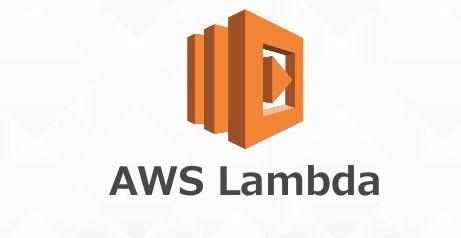What is AWS Lambda?
Introduction AWS Lambda:
AWS Lambda (or lambda in short) is an event-driven, serverless compute service offered by Amazon Web Services (AWS) that compute the code in response to the event and also manages the resources automatically So that one does not need to look after the resources required to execute the code.
It allows users to simply focus on computational logic and desired outcome instead of worrying about resources such as operating systems, scaling, etc. Once the code is provided, it runs the code on high availability infrastructure, manages all the resources, and performs all the essential activities including server, operating system maintenance, security patch deployment, etc. AWS Lambda can also be used to extend the functionality of other AWS services using custom logic.
Here the terms:
Serverless:
When we say lambda is a serverless compute service, It does not mean that server is not used or involved. Here serverless means the developer does not need to maintain the server on its own. Lambda is a fully managed service that looks after resources and infrastructure by itself.
Event-driven:
Here event driven means to drive this service an event must take place. The developer will mention the event and when that event will take place, it will then trigger the lambda function to perform the computation or execution of the code.
Events that trigger lambda functions are:
- Insertion, deletion, or alteration in the database.
- Push notification in SNS
- Search operation in log history in cloud trail
- Entry into the S3 object
- Notification from AMAZON SNS
- Cloud trail logs
- API gateways
Lambda Function:
AWS Lambda runs the provided code in the form of function and this function is known as a Lambda function. The code you run on AWS Lambda is the Lambda function. This function is executed as soon as the associated event occurs. Each function consists of code along with configuration information such as function name and resource requirement. Lambda functions are “stateless” which means the function whose state will remain the same, no matter how many times you call the function, the result will be the same. This property allows Lambda to replicate the function as many times as needed to match the event occurring.
These Lambda functions can be written in different languages and also can be associated with various AWS resources such as Amazon S3 bucket, Amazon Dynamo DB, etc.
Languages supported by AWS Lambda:
- C# — .NET Core 1.0
- C# — .NET Core 2.1
- Python 2.7
- Python 3.6
- Python 3.7
- Python 3.8
- Java 8
- This includes JVM-based languages that can run on Java 8’s JVM — the latest Clojure 1.10 and Scala 2.12 both run on Java 8 so can be used with AWS Lambda
- Java 11
- Node.js 8.10
- Node.js 10.x (normally the latest LTS version from the 10.x series)
- Node.js 12.x (normally the latest LTS version from the 12.x series)
- Ruby 2.5
- Go 1.x (latest release)
- PowerShell Core 6.0
One can easily create AWS Lambda functions, self-contained applications in one of the supported languages, and runtimes. Lambda executes those functions in an efficient and flexible manner. The Lambda functions can perform various types of computing tasks such as serving web pages and processing streams of data to calling APIs and integrating with other AWS services.
Use cases:
Due to the architecture, AWS Lambda finds great functionality where:
- The single task is running for a fixed time.
- Self-contained functions are used.
Most common use cases for AWS Lambda are:
- Scalable APIs.
- Data processing.
- Task automation.
- Used for creating web applications
- Used in Amazon products like Alexa Chatbots and Amazon Echo/Alexa
- Automated Backups of regular tasks
- Mobile backends
- Helps in executing server-side backend logic
- Allow to filter and Transform data
AWS Lambda has various features such as one that can build custom back-end service with its own code, can extend various AWS services with custom login. It also allows completely automated administration and has built-in tolerance to protect code against various failures. It also provides the ease of scaling and connecting database and many other features with “pay as you go” pricing policy and flexible resource model. It wins over traditional cloud computing.





